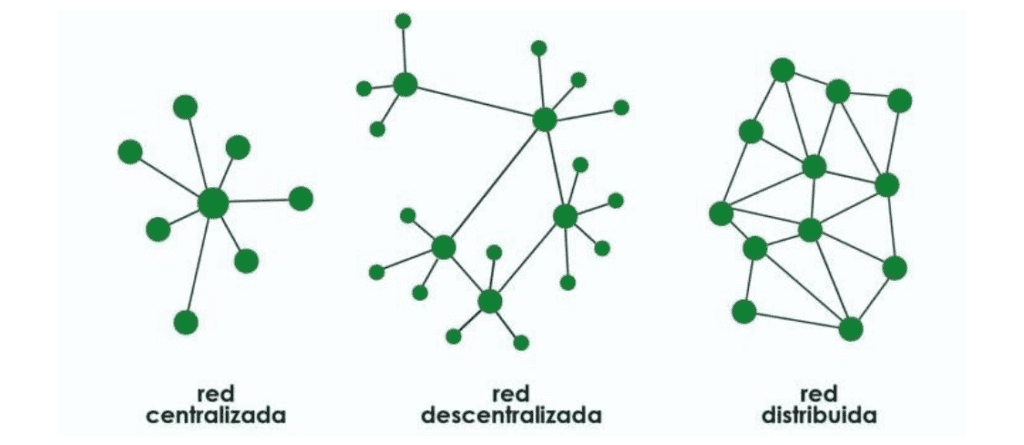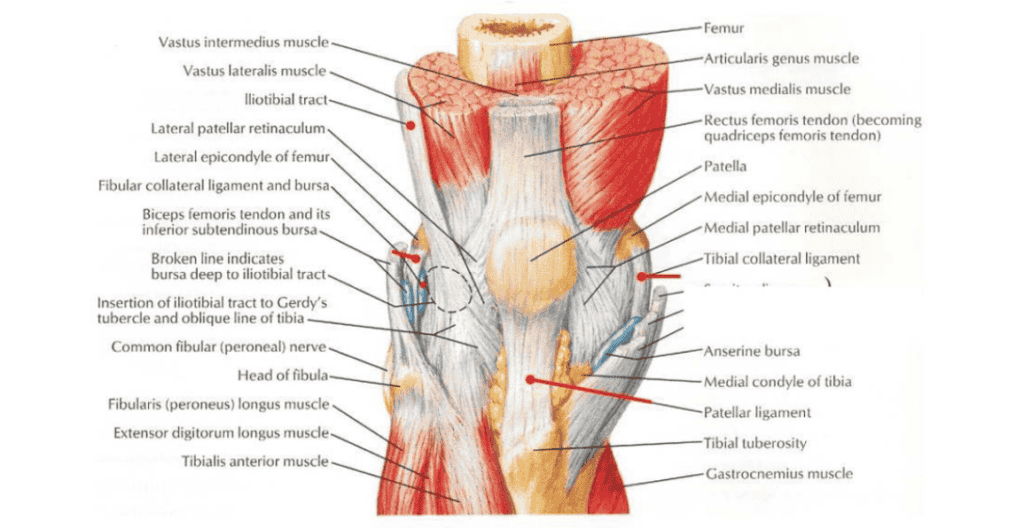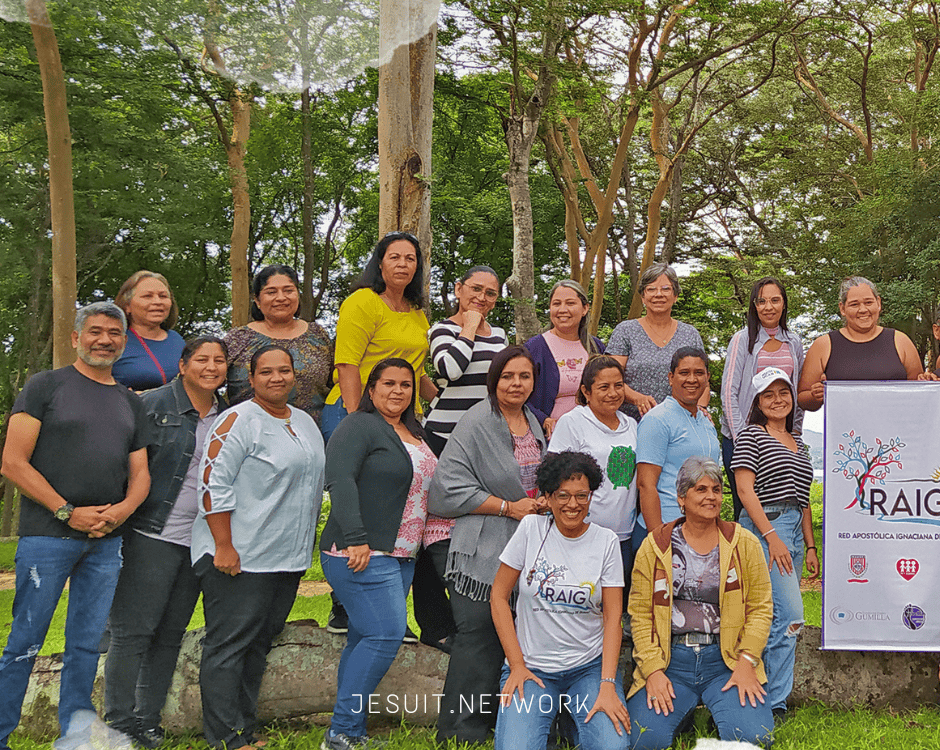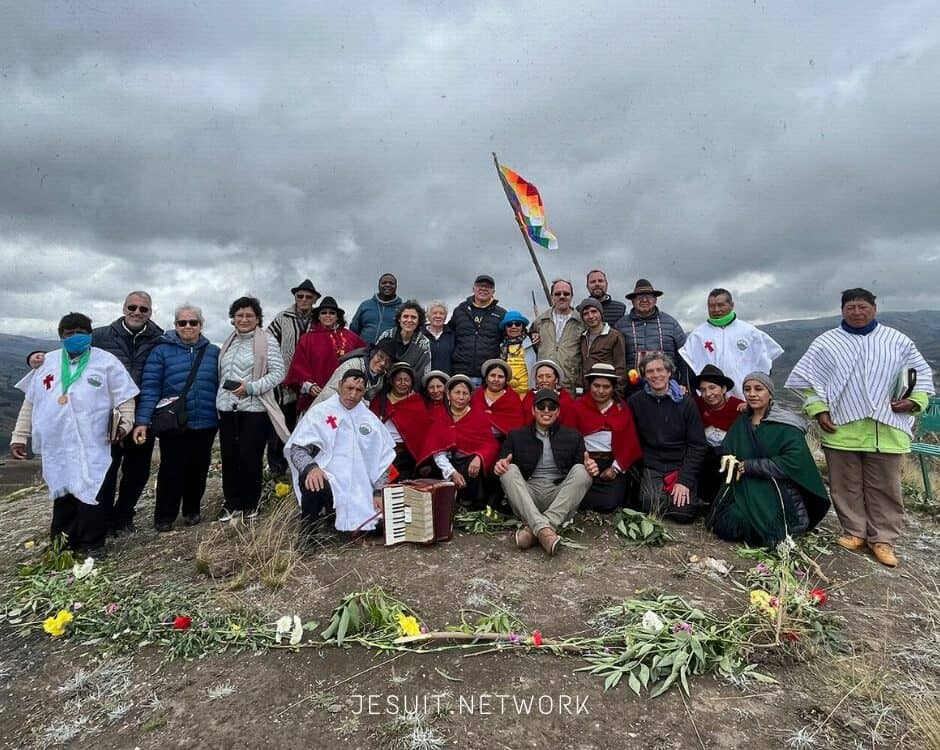This website uses cookies so that we can provide you with the best user experience possible. Cookie information is stored in your browser and performs functions such as recognising you when you return to our website and helping our team to understand which sections of the website you find most interesting and useful.
Basic networking considerations
I am often asked by many apostolic colleagues: What is the importance of networks and what is their specific contribution? I would like to put down very briefly (and at the risk of simplification) what I have learnt in the last 9 years.
A network is born, develops and justifies its existence only on the basis of a COMMON MISSION GREATER than the sum of the interests of its components; this is a fundamental perspective without which the network cannot survive. A network has no future if its components only seek in it the interest of their own organisation or project. “What is ours” must be as important as or more important than “what is mine”; if there is no clear common purpose, the network is a burden for those who form it; it is useless.
This fact also gives networks their fundamental importance, both methodologically and methodologically. In a network we not only do more, but we are more; the network is a new apostolic subject. But, in addition, in networking there is a more refined and qualified form of collaboration because there are more eyes, more wills; there is reflection, there is more critical mass, there is discernment, there is a mandate, there is a collective purpose.
The notion of network that we normally think of is, in a general way, encoded in the following figures:

This notion is completed and enriched by this other way of seeing, understanding and, above all, of practising en-red-darnos:

The image is a bit disruptive, but that is the intended purpose. A joint in the human body (be it a knee or an elbow or the neck) tells us more and better about what a network is than the scheme of similar points and connecting lines.
Each member of the network is different: in function, in shape, in texture, quality, size, length, strength, configuration, colour, and so on. It is that difference that makes them important in the network; but it is that same difference that makes them need the network.
The network is not built according to the shape of the members or their homogeneities (parishes, women, social centres, etc.) but according to a concrete mission that goes beyond one’s own function and interest (that which gives me identity in difference): that is what each one has to bring to the network.
Each of the members of a network, on his or her own, is not capable of producing the effect that is pursued in common: walking, running, moving, thinking, transforming action, etc. The patella needs the synovial fluid to fulfil its ultimate mission, just as the ligaments need the head of the tibia, and so on. The smallest or unnoticed of the elements is as important as the largest and most visible of them. The function of each member makes sense and realises its identity only when it is completed by the others.
No matter how important (or visible) one’s particular mission is – be it personal or institutional – participation in a network opens me to a new, more important and definitive mission that I can only complete with others, who, in turn, find in it a way to generate a greater impact than that which they are individually called upon to produce. A network has a purpose that is unattainable individually, either by the people or by the institutions that compose it.
In this way, then, the network is not an additional work to what I am already doing: the network is a plus; it is something more, it is a GREATER and COMMON purpose that is part of and qualifies what I have as my own purpose, thus making it more meaningful and more impactful.
Source: CPAL





